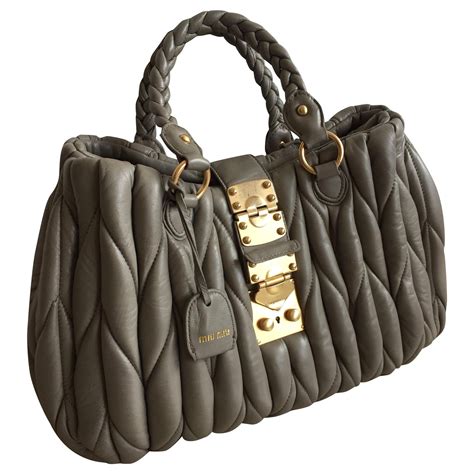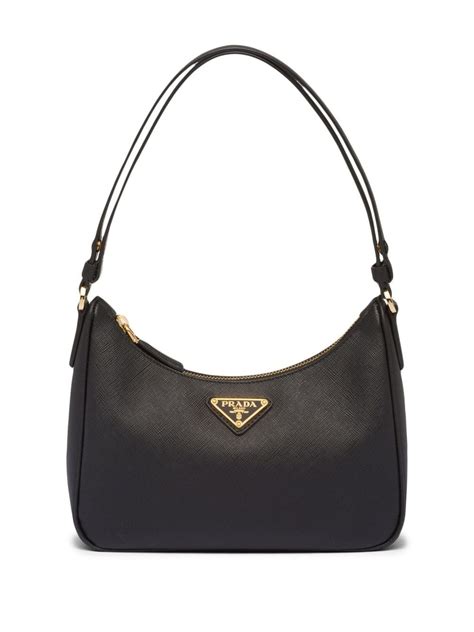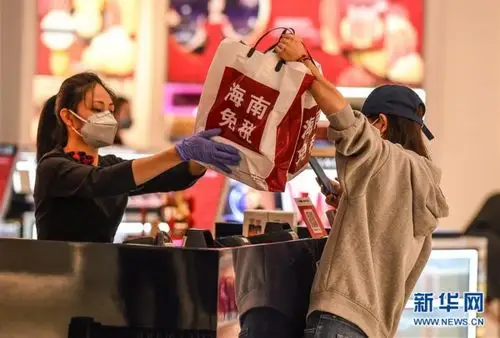gucci gand | Gucci gang meaning in english
$220.00
In stock
"Gucci Gang," the 2017 breakout hit by Lil Pump, wasn't just a song; it was a cultural phenomenon, a viral earworm, and a lightning rod for criticism all rolled into one short, repetitive, and undeniably catchy package. The track, clocking in at just over two minutes, propelled the then-teenage Lil Pump to international stardom, solidifying his position as a leading figure in the burgeoning SoundCloud rap scene. But beneath the surface of its seemingly simplistic lyrics lay a complex web of cultural implications, sonic experimentation, and ultimately, a debate about the very definition of art in the digital age. This article delves into the multifaceted world of "Gucci Gang," exploring its meaning, impact, controversies, and enduring legacy. We'll examine its lyrical content, its influence on popular culture, and address common questions and concerns surrounding the song.
The Lyrical Landscape: A Repetitive Rhapsody of Excess
At its core, "Gucci Gang" is deceptively simple. The lyrics, dominated by the titular phrase "Gucci Gang" and punctuated with references to luxury brands, drug use, and sexual encounters, paint a picture of unrestrained hedonism. Lil Pump raps about women, money, drugs, jewelry, and high-end clothing – all recurring themes in his music and, indeed, in much of contemporary hip-hop.
Here's a breakdown of the lyrical content:
* "Gucci Gang": This phrase, repeated ad nauseam throughout the song, acts as both a rallying cry and a symbol of status. It signifies belonging to a particular group, one defined by wealth, extravagance, and a shared affinity for the Gucci brand. The repetition itself is a key element of the song's catchiness, burrowing into the listener's mind and refusing to let go.
* Luxury Brands: Beyond Gucci, the song name-drops other high-end brands, further emphasizing the theme of material wealth and conspicuous consumption. These brands serve as markers of success and a demonstration of the lifestyle Lil Pump portrays.
* Drug Use: References to drug use, particularly Xanax, are prevalent. This reflects a broader trend in SoundCloud rap, where artists often openly discuss their experiences with drugs, sometimes glorifying them. This aspect of the song has drawn significant criticism, raising concerns about its potential influence on young listeners.
* Women and Sexual Encounters: The lyrics contain sexually suggestive content, often objectifying women. This is a common trope in hip-hop, but its presence in "Gucci Gang," coupled with the artist's young age, has fueled further controversy.
* Money and Jewelry: The song brags about financial success and the acquisition of expensive jewelry. This ties into the overall theme of status and serves as a validation of Lil Pump's perceived success.
The Meaning Behind the Mayhem: Deconstructing "Gucci Gang"
While the lyrics of "Gucci Gang" may appear superficial, they offer a glimpse into the values and aspirations of a particular subculture. The song can be interpreted as a celebration of:
* Youthful Rebellion: "Gucci Gang" embodies a rebellious attitude towards traditional norms and expectations. It rejects the pursuit of conventional success in favor of a more immediate, materialistic gratification.
* Authenticity and Self-Expression: Despite its seemingly manufactured image, Lil Pump's persona and music resonate with a generation that values authenticity and self-expression, even if that expression is unconventional or controversial.
* Instant Gratification: The song's repetitive structure and simple lyrics reflect a desire for instant gratification, a hallmark of the digital age. It offers a quick burst of entertainment without demanding deep thought or emotional investment.
* The Power of Virality: "Gucci Gang" is a testament to the power of virality in the internet age. Its catchiness and shareability made it a perfect candidate for online success, demonstrating how a seemingly simple song can achieve global recognition through social media and streaming platforms.
However, it's also crucial to acknowledge the criticisms levied against "Gucci Gang." The song has been accused of:gucci gand
* Promoting Drug Use: The frequent references to Xanax and other drugs raise concerns about the song's potential influence on young listeners, potentially normalizing or even glorifying drug use.
* Objectifying Women: The sexually suggestive lyrics and objectification of women contribute to a broader problem of misogyny in hip-hop and popular culture.
* Promoting Materialism: The song's focus on luxury brands and material wealth reinforces materialistic values, potentially leading to unrealistic expectations and dissatisfaction among listeners.
* Lacking Artistic Merit: Critics have dismissed "Gucci Gang" as being repetitive, uninspired, and lacking in artistic depth. They argue that its success is due to its catchiness and virality rather than its inherent quality.
"Gucci Gang" in the Digital Age: Memes, Copies, and Downloads
The impact of "Gucci Gang" extends far beyond its lyrical content and musical structure. The song has become a ubiquitous presence in the digital landscape, spawning countless memes, parodies, and remixes. Its catchiness and simplicity have made it a prime candidate for viral content, further amplifying its reach and influence.
Additional information
| Dimensions | 7.9 × 3.1 × 2.8 in |
|---|









